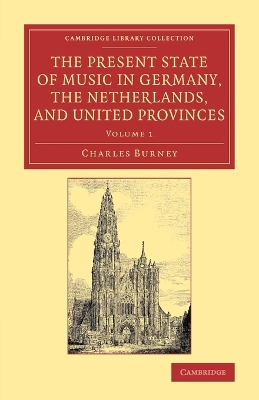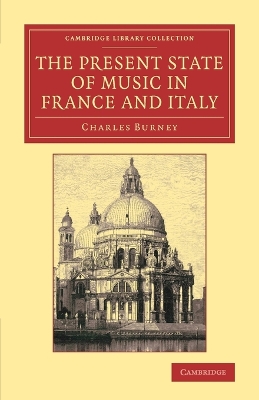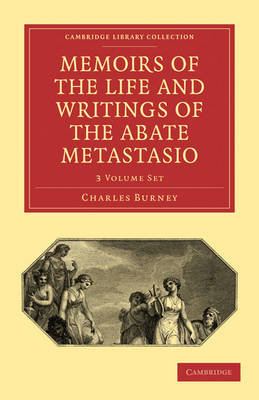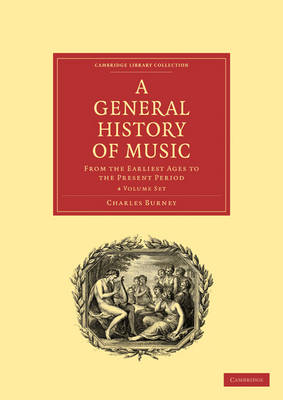Cambridge Library Collection - Music
8 primary works • 14 total works
Volume 1
Memoirs of the Life and Writings of the Abate Metastasio: Volume 1
by Charles Burney and Pietro Metastasio
Volume 1
The Present State of Music in Germany, the Netherlands, and United Provinces
by Charles Burney
Volume 1
Volume 2
Memoirs of the Life and Writings of the Abate Metastasio: Volume 2
by Charles Burney and Pietro Metastasio
Volume 2
Volume 3
Memoirs of the Life and Writings of the Abate Metastasio: Volume 3
by Charles Burney and Pietro Metastasio
Volume 3
Volume 4
Memoirs of the Life and Writings of the Abate Metastasio 3 Volume Paperback Set
by Charles Burney and Pietro Metastasio
The Present State of Music in Germany, the Netherlands, and United Provinces: Volume 1
by Charles Burney
The Present State of Music in Germany, the Netherlands, and United Provinces: Volume 2
by Charles Burney
The Present State of Music in Germany, the Netherlands, and United Provinces 2 volume Set
by Charles Burney




